How are Indian Americans changing perspectives in 2025?
They are leveraging their dual identity to initiate dialogue, promote understanding, and strengthen ties between the two nations.
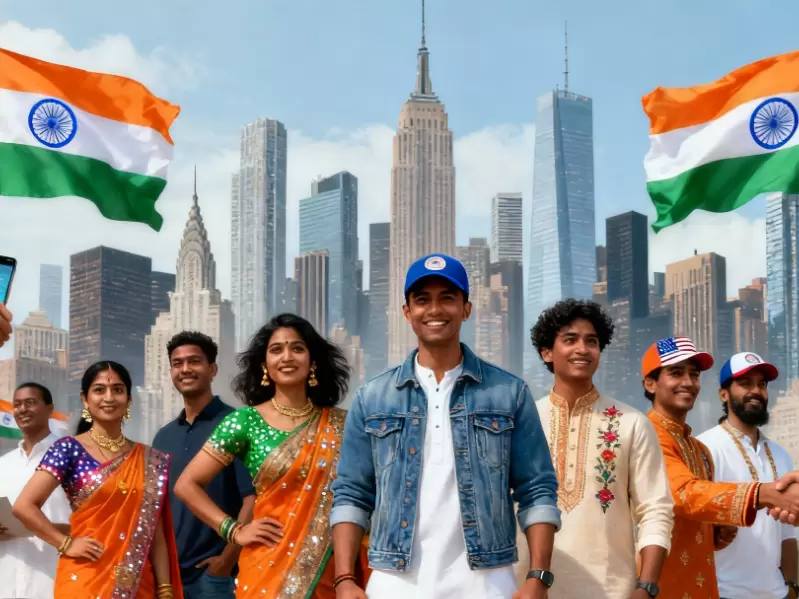 Representative Image / Generated using AI
Representative Image / Generated using AI
Indian American diaspora counts as the second-largest Asian-origin population in the United States, with an estimated 5.2 million people self-identifying as Indian in 2023 (according to a report by Pew Research Center).
These numbers matter for two reasons – firstly, Indian Americans are no longer bystanders or mere spectators to the country’s changing political, cultural, and social climate; they are proactively participating in it. They are redefining influence, representation, and identity. Secondly, their growing demographic presence coincides with a time when US-India relations are under strain.
As both India and the United States walk through trade disputes, stringent visa regulations, and differing geopolitical priorities, Americans are grappling with the question of “What does it mean to be an American?” They are navigating a complicated past, changing cultural narratives, competition for high-skilled jobs, and unemployment. At the same time, Indian Americans are finding themselves at the crossroads of this debate. They are leveraging their dual identity to initiate dialogue, promote understanding, and strengthen ties between the two nations.
While this effort is being made in good faith, it has invited backlash — in the form of rising discrimination, visa skepticism, and political polarization. The question is why?
Indian Americans are making massive contributions to the U.S. economy across multiple sectors.
Be it job-creation through entrepreneurship or taking U.S. multinationals to new heights, excelling in technological innovation, healthcare advancement, or research & development—Indian Americans are re-writing the entire ‘American Dream’ theory. This year, 12 self-made Indian-origin billionaires made it to the Forbes list of richest U.S. immigrants.
Six Indian-origin women, including four Indian Americans, feature in Fortune’s 2025 Most Powerful Women list – this speaks volumes about their economic influence and, in general, strengthens the U.S. reputation globally as a reservoir for global talent.
According to a report by BCG on the Indian diaspora – Indian-origin CEOs were at the helm of 16 Fortune 500 companies in 2023 (3 percent), managing enterprises that generated roughly 978 billion (5 percent ) in revenues and employed 2.5 million people (9 percent) across the globe that year. Out of 648 unicorns, first-gen immigrants have founded 358 (55%) unicorns in the U.S. between 2018 and 2023. In 2016, Kamala Harris made history as the first Indian American to be elected to the United States Senate.
Indo-US collaborations in terms of research and innovative excellence have strengthened over the years, thanks to diasporic connections. With these leaders serving as inspirations, an increasing number of Indian students come to the U.S. to study, research, innovate, collaborate, create, and generate new patents. The result of this is economic and technological advances.
Speaking of cultural influence, Mindy Kaling, Priyanka Chopra Jonas, Poorna Jagannathan, Aziz Ansari, Jay Sean, and so many more – these are not just names. These are individuals who serve as a beacon of hope to young Indian Americans, inspiring them to dream big and hoping that their voices, stories, and talents will shine on the global stage.
Popular Indian-origin chefs and restaurateurs, such as Vikas Khanna, Roni Mazumdar, and Sujan Sarkar, as well as Padma Lakshmi, have elevated the place of Indian cuisine in American palates, making it mainstream. Today, approximately 34 million people in the United States practice Yoga—thanks to Swami Vivekananda, who first introduced this ancient wellness practice to the West in the late 19th century, and to prominent figures like Deepak Chopra, who have written extensively on Ayurvedic principles and brought its holistic benefits into mainstream wellness culture.
Similarly, in areas such as philanthropy, social impact, global policy, healthcare, and science, Indian Americans have excelled as changemakers, questioning the status quo and shattering stereotypes in any field they pursue.
Then, why is the Unted states increasingly on edge?
Perhaps because its not entirely about contributing towards U.S. economic growth. Indian Americans have set a strong precedence, a representation that many nations, including the U.S., are struggling to achieve. Indian Americans are changing the narratives of identity, success, coexistence, patriotism, and cultural preservation. In 2025, they are, in fact, helping America rediscover itself.
ADVERTISEMENT
ADVERTISEMENT
E Paper
Video



 Manvi Pant
Manvi Pant

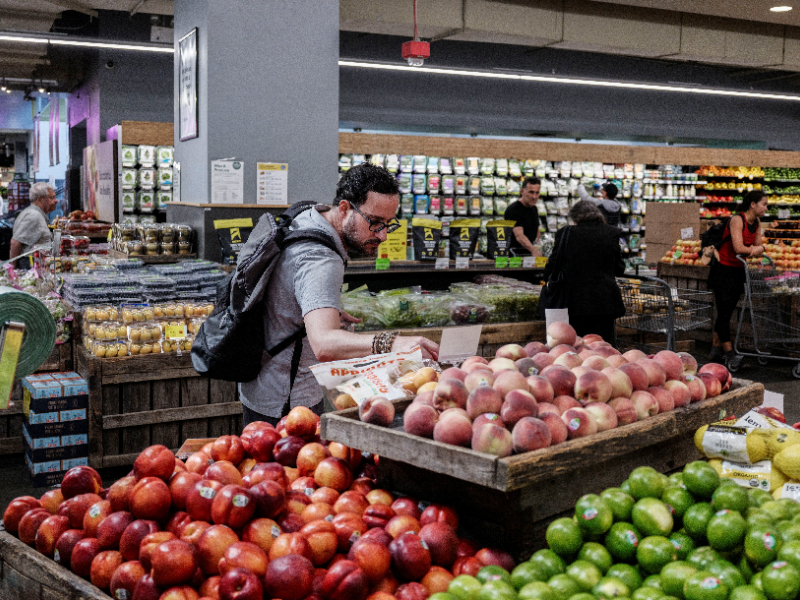

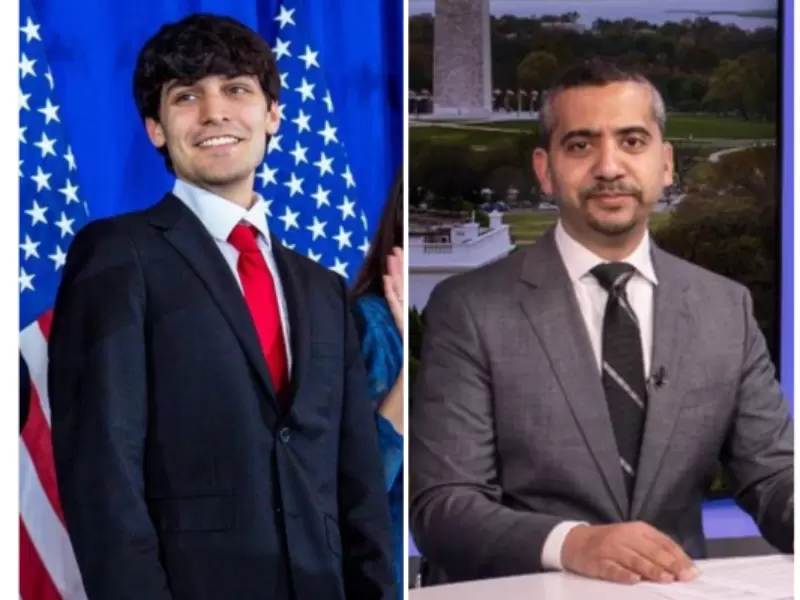

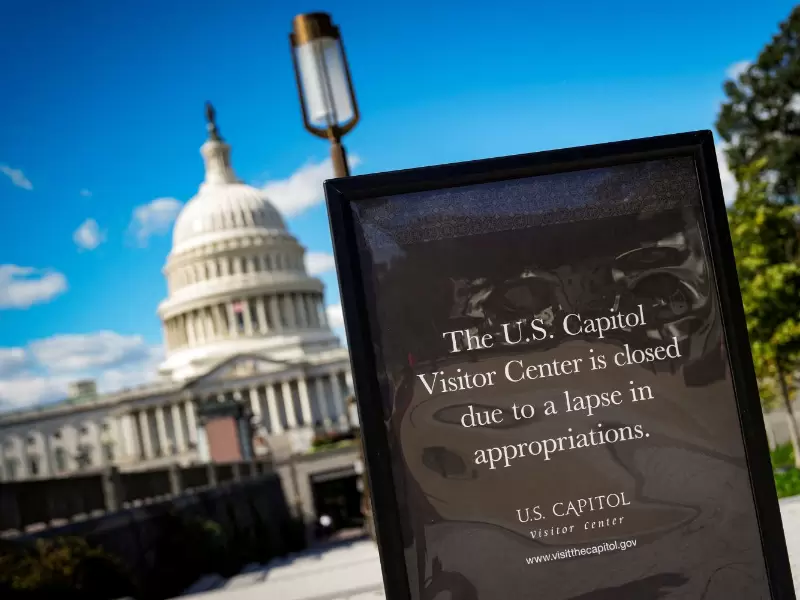

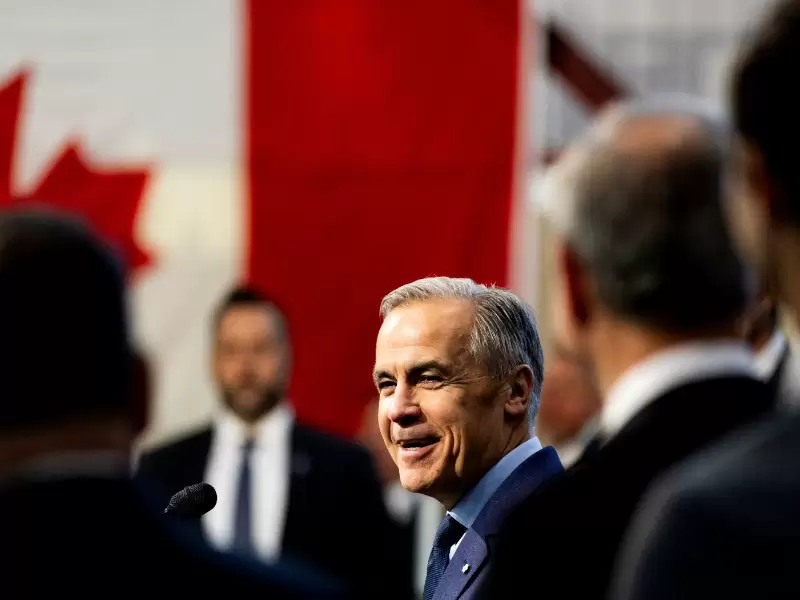
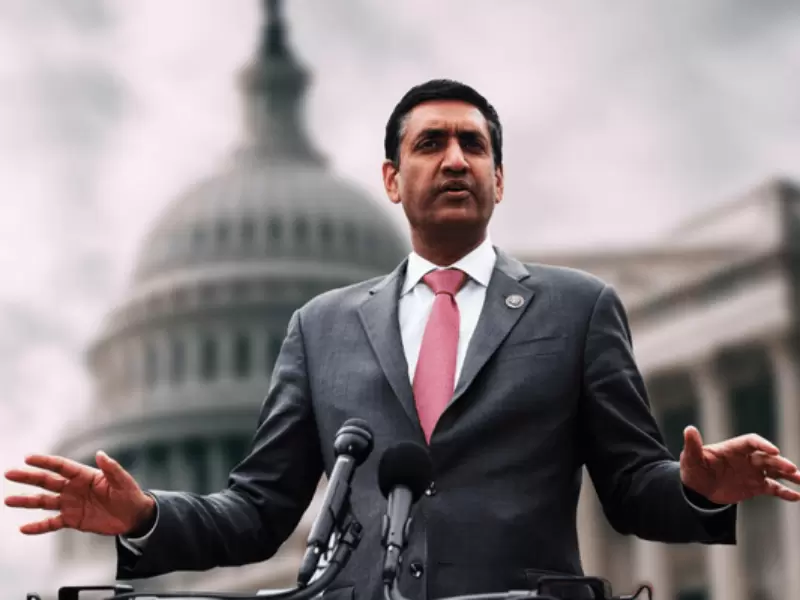
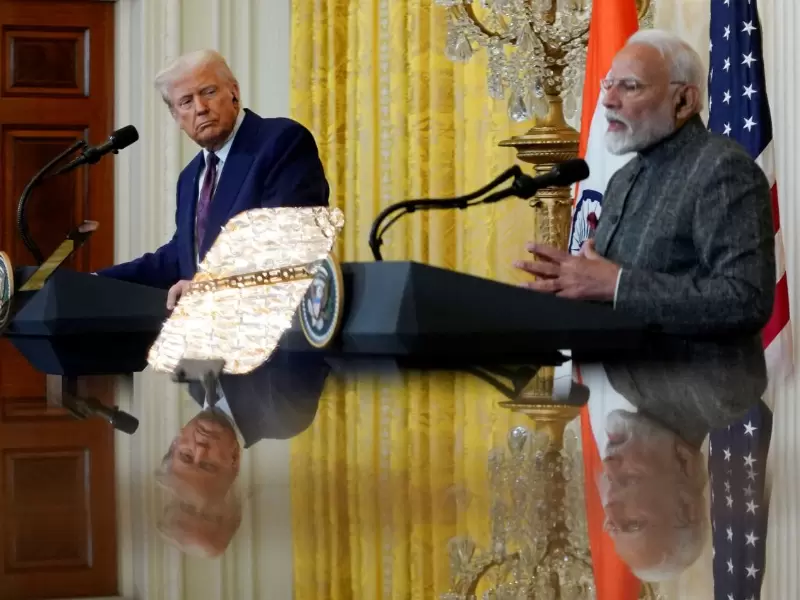




Comments
Start the conversation
Become a member of New India Abroad to start commenting.
Sign Up Now
Already have an account? Login